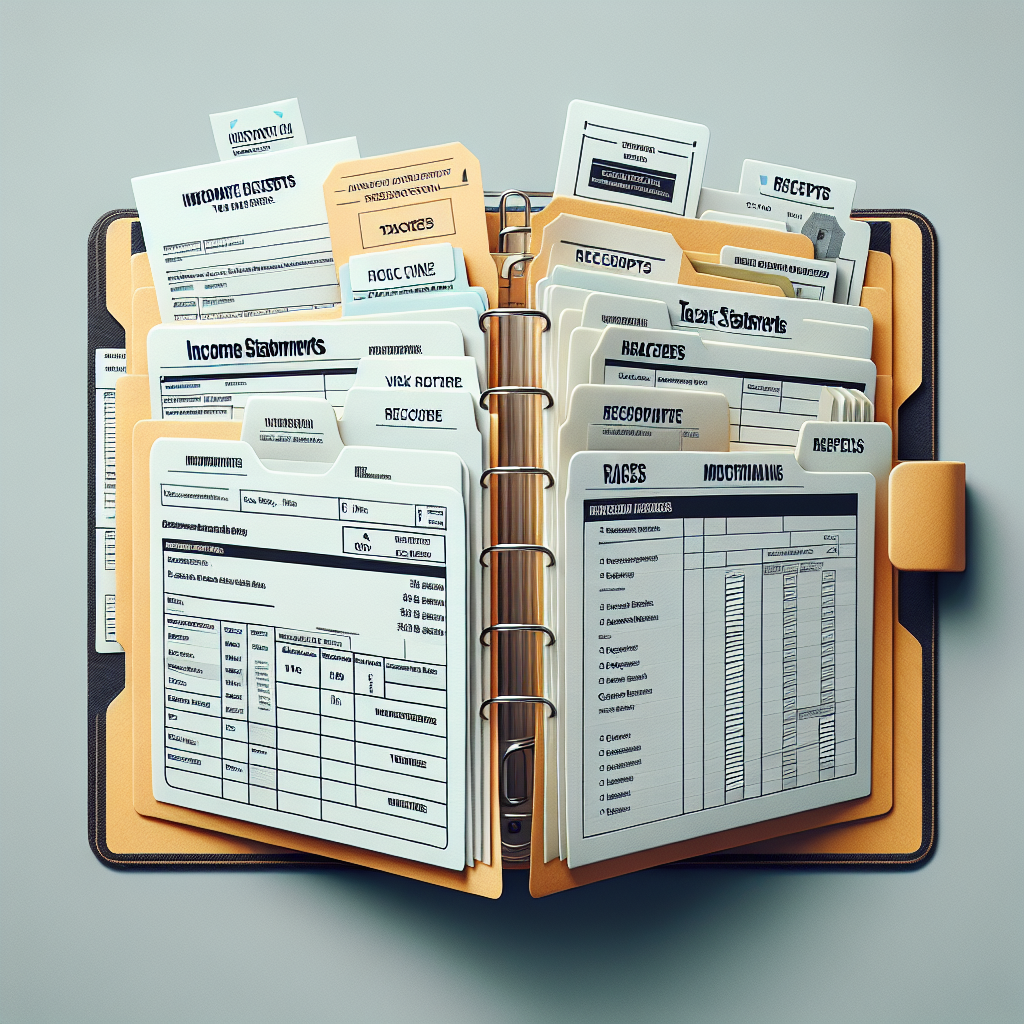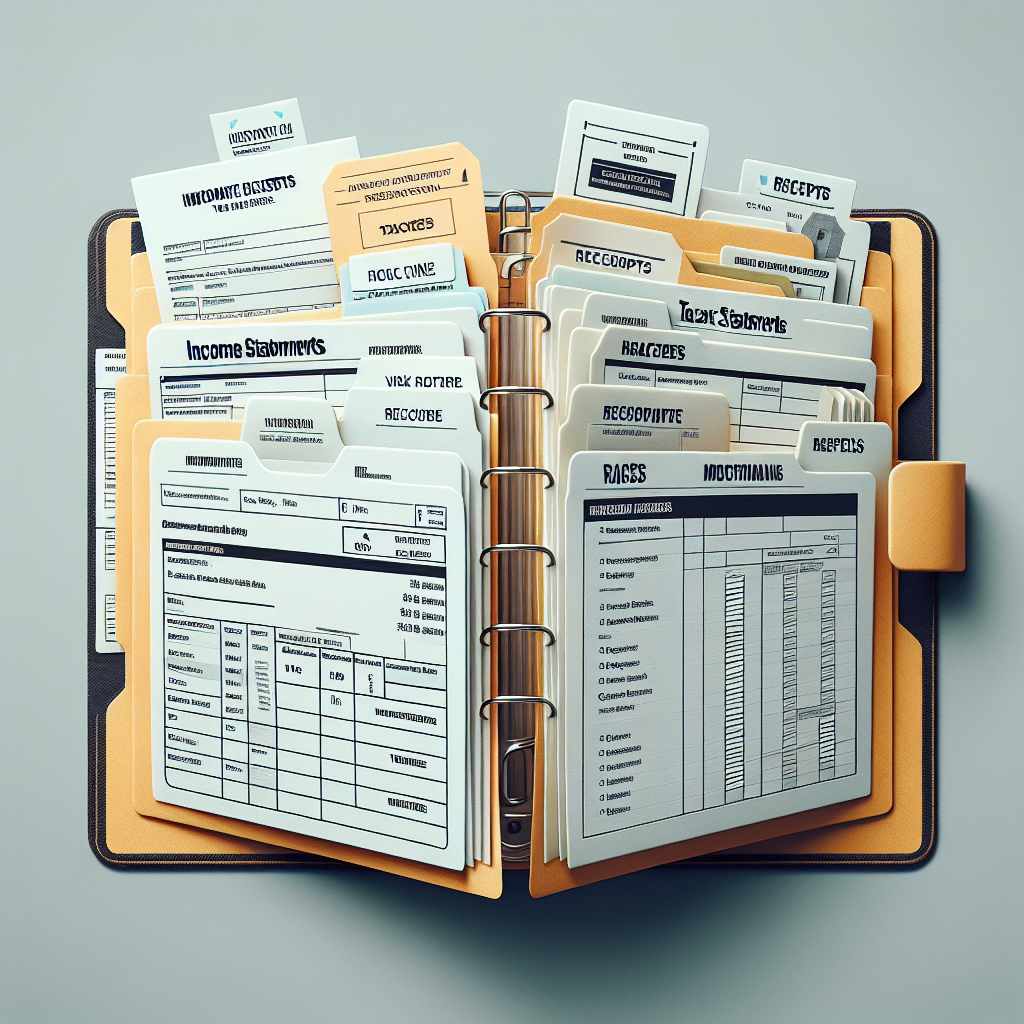So you’re a resident of British Columbia and wondering about the important tax records you need to keep? Well, fret not, because this article has got you covered. Whether you’re an employee, self-employed, or a business owner, keeping the right tax records is crucial to ensure a smooth tax-filing process and avoid any unnecessary headaches. From your income statements and expense receipts to charitable donation receipts and property tax documents, we’ll walk you through the essential tax records you need to maintain in the beautiful province of British Columbia.
Important Tax Records for Residents of British Columbia
When it comes to tax purposes, it is crucial for residents of British Columbia to be organized and keep track of important records. By doing so, you can ensure that you have all the necessary information and documentation to accurately report your income and expenses to the Canada Revenue Agency (CRA). In this article, we will explore the various types of tax records that you should keep as a resident of British Columbia.

Income Records
One of the most important aspects of tax filing is reporting your income accurately. As a resident of British Columbia, you need to keep records of all your income sources. This includes employment income, self-employment income, rental income, investment income, and any other sources of income you may have. It is essential to have proper documentation, such as T4 slips (for employment income), T5 slips (for investment income), and receipts for any other income sources.
Employment Records
If you are employed, it is vital to keep a record of your employment-related documents. These records may include your employment contract, pay stubs, and any other relevant documents that provide evidence of your employment status and income. Keeping these records will help you accurately report your employment income and claim any employment-related deductions or credits you may be eligible for.
Business Records
If you operate a business in British Columbia, it is crucial to maintain detailed business records. These records include income and expense reports, receipts, invoices, and any other documentation related to your business operations. It is also important to keep track of payroll records, including salaries, wages, and any deductions. By maintaining comprehensive business records, you can accurately report your business income and claim any eligible business expenses.
Investment Records
Investment income can be a significant part of your overall income, and it is crucial to keep records of your investments. This includes documentation of any purchases or sales of stocks, bonds, mutual funds, or other investment products. You should also keep track of any dividends or capital gains you receive from your investments. These records will help you accurately report your investment income and determine any applicable deductions or credits related to investments.

Real Estate Records
If you own real estate in British Columbia, whether it is your primary residence or an investment property, it is important to maintain proper records. These records include purchase and sale agreements, mortgage statements, property tax receipts, and any other relevant documents. Keeping these records will help you accurately report your real estate holdings and claim any eligible deductions related to your property, such as the Home Buyers’ Amount or the First-Time Home Buyer’s Tax Credit.
Expense Receipts
To claim deductions and credits on your tax return, it is essential to have proper documentation of your expenses. This includes keeping receipts for expenses such as medical expenses, child care expenses, tuition fees, professional fees, and other eligible expenses. By keeping organized records of your expenses, you can ensure that you have the necessary proof to claim deductions and credits accurately.
Charitable Donations Records
If you have made charitable donations throughout the year, it is vital to keep records of these donations. This includes donation receipts or acknowledgments from registered charities. By keeping proper documentation of your charitable donations, you can claim the Charitable Donation Tax Credit and potentially reduce your tax liability.
Medical Expense Records
Keeping records of your medical expenses is crucial if you want to claim the Medical Expense Tax Credit. This includes keeping receipts for prescription medications, dental treatments, eye care, medical supplies, and any other eligible medical expenses. By having proper documentation, you can accurately calculate and claim the tax credit to help offset your medical costs.
Education Expense Records
If you or your dependents are pursuing education, it is essential to keep records of education-related expenses. This includes tuition fees, textbooks, supplies, and any other eligible education expenses. By keeping proper documentation, you can claim education-related tax credits, such as the Tuition Tax Credit or the Canada Student Loan Interest Tax Credit.
Government Benefits Records
If you have received government benefits, such as Employment Insurance (EI) or Canada Pension Plan (CPP) payments, it is important to keep records of these benefits. This includes keeping documentation of the amounts received and any relevant correspondence from the government. These records will help you accurately report your income and any applicable deductions related to government benefits.
In conclusion, as a resident of British Columbia, it is crucial to keep track of important tax records to ensure accurate reporting and compliance with tax laws. By maintaining organized records of your income, employment, business, investments, and expenses, you can confidently file your tax return and potentially claim eligible deductions and credits. Remember to keep these records for the required number of years as specified by the CRA.

